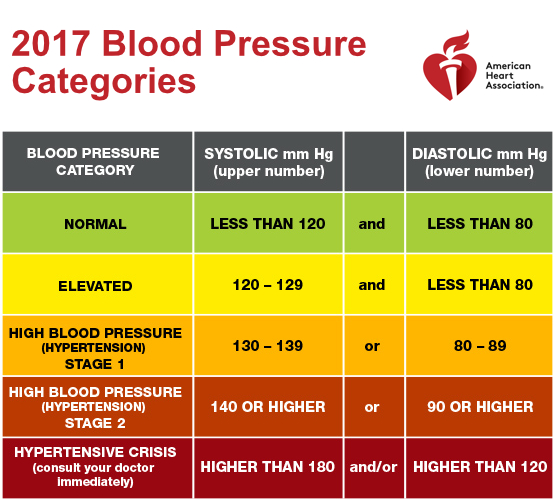Texas Flight Medicine
(972) 447-0220
Pilot Resources
Here you may find information on common topics of medical certification and aviation medical issues in general. We would be most happy to answer any questions you might have concerning medical certification. Feel free to give us a call!
MedXPress
The Medical Certification process begins with the submission of an Application for Medical Certification. The FAA MedXPress system allows you to electronically complete your application. The information that you enter into the MedXPress system will be reviewed by your AME at the time of your medical examination.

A Class I certificate will be valid for 2 years if you are under age 40, and for 1 year if your are over age 40. A Class III certificate will be valid for 5 years if you are under age 40 and 2 years if you are over age 40. A Class II certificate will be valid for 1 year regardless of your age.
Begin your application>>
CACI Conditions
Conditions AMEs Can Issue (CACI) is a series of medical conditions that allow AMEs to issue a regular certificate if the applicant meets certain parameters listed on the CACI Condition Worksheet. There are 19 medical conditions that are currently part of the CACI program.

If you have one of the CACI conditions, and that condition meets the specific CACI criteria, your AME may be able to issue your certificate upon receiving any required reports from your treating physician.
View CACI Worksheets>>
Obstructive Sleep Apnea
Untreated Obstructive Sleep Apnea (OSA) has been and will continue to be a generally disqualifying medical condition for which the FAA requires a Special Issuance Medical Certificate. The Agency requires AMEs to screen all pilots to help find undiagnosed and untreated OSA.
OSA has significant safety implications since it can cause exessive daytime drowsiness, decreased memory, attention and multitasking. It can also lead to sudden cardiac death, hypertension, stroke and other serious medical problems. Fortunately, Continuous Positive Airway Pressure (CPAP) can be effective and may allow pilots to continue to fly.
Learn More About OSA>>
Special Issuances
A Special Issuance is a time-limited medical certification for pilots with certain disqualifying medical conditions, such as diabetes or heart disease. The FAA has made it easier for these pilots to return to flying as long as the disqualifying condition is monitored and stable. Additionally, the medications used to treat your condition must not in themselves be disqualifying.
AME Authorization for Special Issuance (AASI) is a subset of Special Issuance that allows your AME to issued the Medical Certificate based on reports from your treating physician. We can discuss these requirements at the time of your visit to our office.

First and foremost, stay on top of your medical condition. With proper treatment and with today's technologic advances, your condition may be prevented from worsening and could improve. Special Issuances may help you to continue to enjoy flying.
Over the Counter (OTC) Medications
You probably already know that the use of certain prescription medications is prohibited when flying. But did you also know that there are also Over the Counter (OTC) medications that may not be used when flying as well? Impairment from the use of OTC medications has been cited in a number of accidents in general aviation. Some of the most common, potentially impairing medications are antihistamines and cough suppressants.

Even medications that have been deemed as safe for use by the FDA may not be compatible with safe flying or driving.
Learn More About OTC Medications>>
Preventive Health Program
It is important to remember that the FAA medical standards that allow you to pass a flight physical are not designed to be preventative in nature. Your elevated blood pressure may "pass" FAA standards, but left untreated may shorten your flying career. Conditions such as a minor blood sugar elevation or hypertension may cause irreversible injury. It is important to take care of these medical issues to prevent a serious medical problem from arising and resulting in you losing your privilege to fly.

Discuss a preventative medical care plan with your physician. Don't let a seemingly minor medical finding go untreated. Doing so may result in you developing a medically disqualifying condition that could have been prevented. Delaying treatment is a gamble that should be avoided.
The HIMS Program
As a Trained HIMS AME, Dr. Smith is able to provide sponsorship and expertise in navigating the HIMS Program. HIMS is an occupational substance abuse treatment program tailored specifically for pilots. Is is designed to provide a system wherby individuals are treated and successfully returned to the cockpit under the FAA Special Issuance Regulations.

As a HIMS Trained AME, Dr. Smith is also able to sponsor pilots who are being treated for depression with any of the 4 FAA approved antidpressants. As long as your condition remains stable, you may be allowed to fly on a Special Issuance Medical Certificate.
Learn More About the HIMS Program>>
FAA Forms
The FAA's official forms page can be found here. For your convenience, some of the most commonly requested forms can be found below. Always remember to check the FAA website for the most current versions of these forms.
